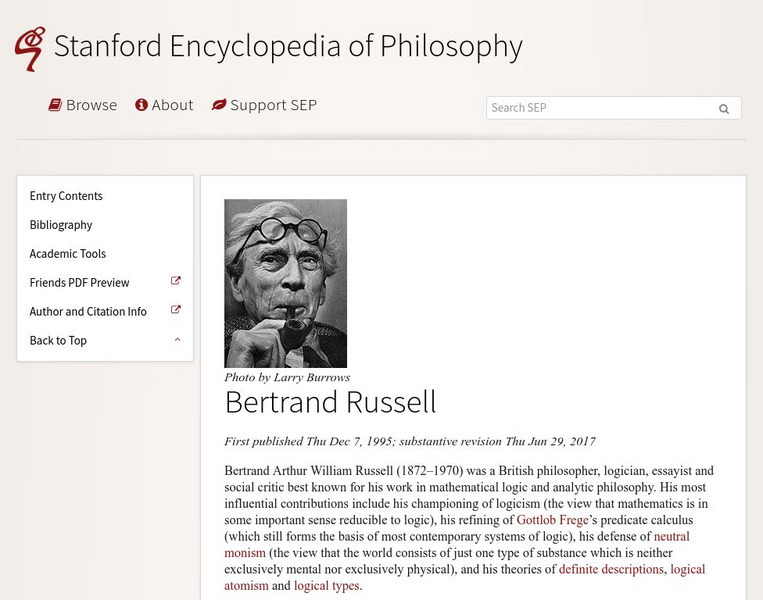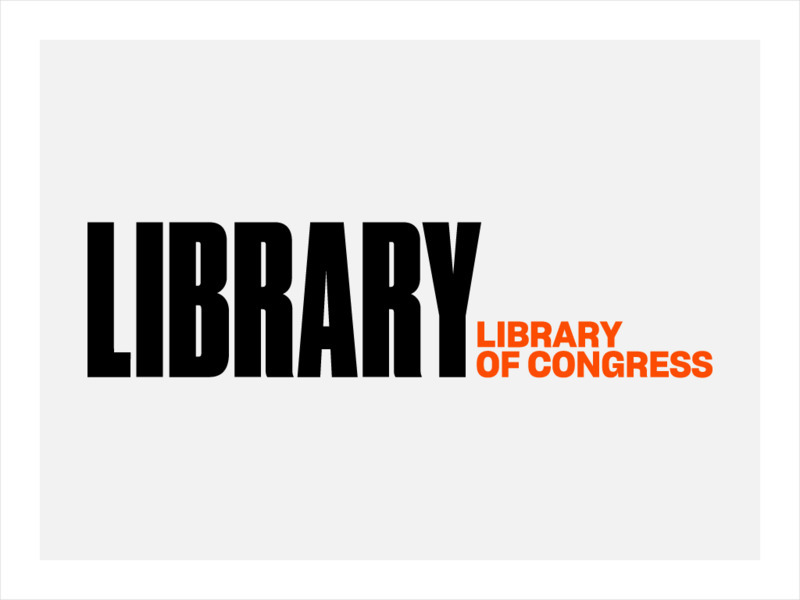Curated OER
What Makes the Writer Write
Your 11th and 12th graders are ready to critique society! Channel that inclination by studying a novel that offers social criticism of other eras (book recommendations included). This resource presents a well-thought-out overview of such...
Curated OER
A Tale of Two Cities and Charles Dickens Background
Did you know that Charles Dickens spent time with his family in debtors’ prison? That Dickens had 10 children? That thousands mourned his death? Viewers will find many interesting details in a presentation designed to accompany an...
Curated OER
Fahrenheit 451: Social Criticism
Learners write a four paragraph essay that tells about two things in society that Ray Bradbury criticizes in the book, Fahrenheit 451. In this social criticism lesson, students develop a thesis based on their reading of the book and...
Curated OER
Longfellow Meets German Radical Poet Ferdinand Freiligrath
Students, after researching the backgrounds to both Longfellow and Freiligrath, examine and analyze selected works of Henry Wadsworth Longfellow via his association with the German radical Ferdinand Freiligrath. They discuss and draw...
Stanford University
Stanford Encyclopedia of Philosophy: Bertrand Russell
Excellent article summarizing Bertrand Russell's thought. Includes chronology of major events in his life, but most of the article spends time on Russell's contributions in logic, analytic philosophy, and social criticism. Also includes...
Other
Museum of Contemporary Art, Chicago: H. C. Westermann Curriculum
Useful curriculm for introducing key sculpture and printmaking concepts focuses on the work of H. C. Westermann, whose work is often valued for its criticism of consumerism, militarism, and other social phenomena. Provides overviews and...
Library of Congress
Loc: Teachers: The Grapes of Wrath
A Library of Congress lesson on "The Grapes of Wrath," through which students discover how cultural artifacts from the book support its themes and see connections "between the social, cultural, and literary contexts of literature."








